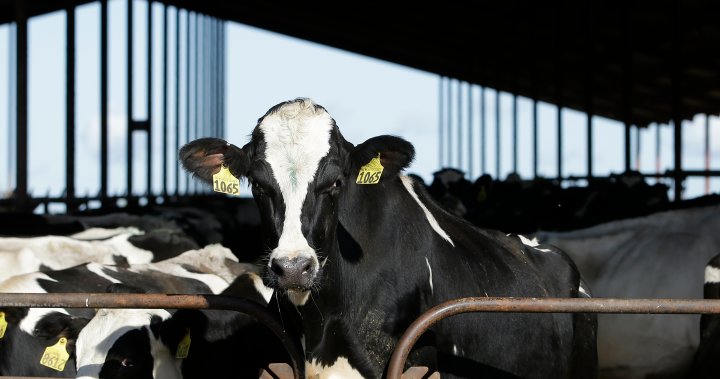As the COVID-19 pandemic evolves and more variants emerge, experts say it is unclear whether the immunity developed during infection, regardless of vaccination status, may provide long-term, individual protection against future waves.
Since the early days of the COVID-19 pandemic, experts have known that infection can induce a range of immune responses and can provide partial protection from future infections.
However, this immunity wanes over time, with data showing people’s immunity from previous infection drops after approximately three months. In addition, science has shown that new emerging variants are partially resistant to key immune responses that were able to neutralize earlier virus strains.
Studies have shown this is underscored with the Omicron variant, as it evolved to evade pre-existing immunity and can reproduce at a much faster rate.
Researchers report that only a minority of the antibodies produced in those infected with COVID-19 that fight the Delta variant can also neutralize the Omicron variant. However, experts say these antibodies are better at fighting Omicron than previous strains.
The reverse is also true for those who contracted Omicron and have some improved antibody protection against Delta.
Because of Omicron’s increased transmissibility and immune escape, Simon Fraser University evolutionary biologist Bernard Crespi says the variant has left a higher level of natural immunity than previous strains that could offer protection to Canadians in future waves.
It will be more difficult for the next variant to get a foothold in Canada because most people have immunity after being infected with Omicron, or they have been vaccinated, or a combination of both, he told CTVNews.ca.
ROLE OF VACCINES VS. NATURAL IMMUNITY
While studies have shown that COVID-19 vaccines are effective at preventing severe infection and death, breakthrough infections are inevitable with variants. However, data shows a third vaccine dose can help maintain some level of immunity.
Infectious disease expert Dr. Isaac Bogoch previously told CTVNews.ca the body’s reaction to vaccination is similar, in a sense, to how it responds when exposed to infection naturally.
“Vaccination and infection do the same thing, in the sense that your body sees a virus, or at least a component of the virus from when people are vaccinated, and it mounts an immune response,” he said in a phone interview in January.
This, however, does not mean they both produce the same end result, Bogoch said.
A recent study published in the peer-reviewed medical journal Clinical Infectious Diseases looked at the necessity of COVID-19 vaccination in those who have already been infected with the virus.
Conducted in the U.S., the study reports that while both vaccination and prior infection provide “substantial protection” against COVID-19, vaccination in patients who were previously infected provides significant protection in the long run.
“It’s fair to say that yes, you can’t ignore the protective benefits of both vaccination and of course recovery from infection,” Bogoch said. “It just looks like vaccines provide a more robust immune response.”
Another study on the protection offered by COVID-19 vaccines was also recently released by the U.S. Centers for Disease Control and Prevention and noted the drawbacks of relying on “natural immunity” from COVID-19 infection.
The study found that protection in those with no vaccinations and infection was high, but they discovered that people who were both vaccinated and survived prior COVID-19 infection had the highest level of protection against the virus.
Dr. Dale Kalina, an infectious disease doctor at Joseph Brant Hospital in Burlington, Ont., previously told CTVNews.ca there are many unknowns about the long-term consequences of COVID-19 infection and purposely contracting the disease could have negative consequences, including death.
“It’s always better to avoid a preventable illness,” he said in a telephone interview in January.
Whether someone has been previously infected with COVID-19 or not, the studies’ authors say getting vaccinated continues to be the best defence for protecting oneself against COVID-19.
“Vaccination remains the safest strategy for averting future SARS-CoV-2 infections, hospitalizations, long-term sequelae, and death,” the author’s wrote.
With files from CTVNews.ca’s Jennifer Ferreira and The Canadian Press







More Stories
Bird flu concerns over U.S. dairy cattle growing. Here’s what to know – National | Globalnews.ca
Bird flu outbreaks: WHO weighs in on public health risk
From faulty kids’ cribs to flammable kids’ bathrobes, here are the recalls of the week